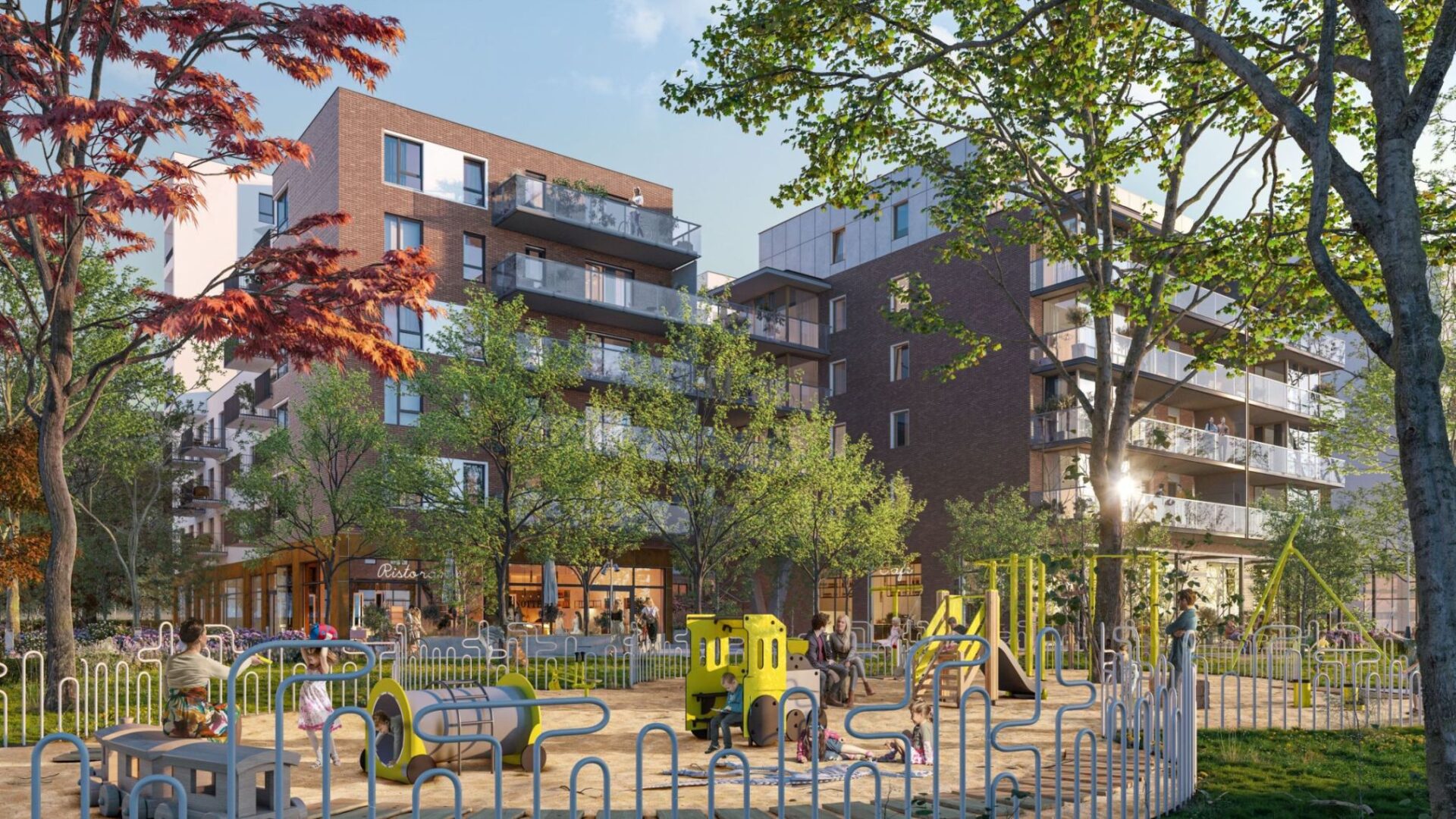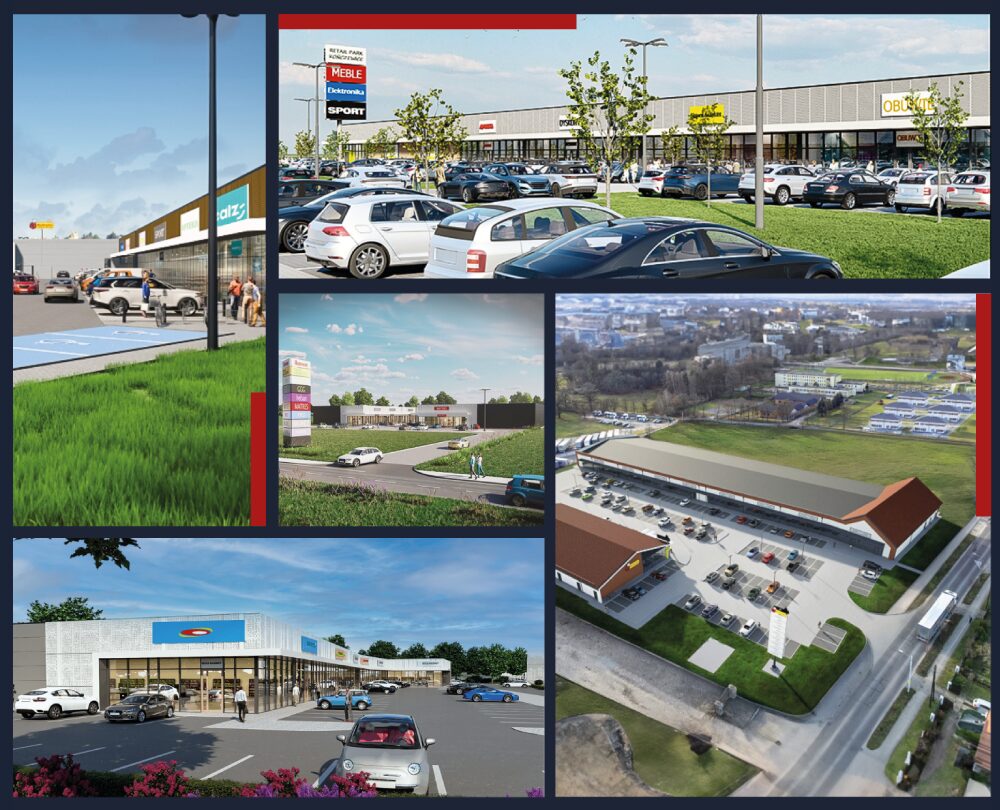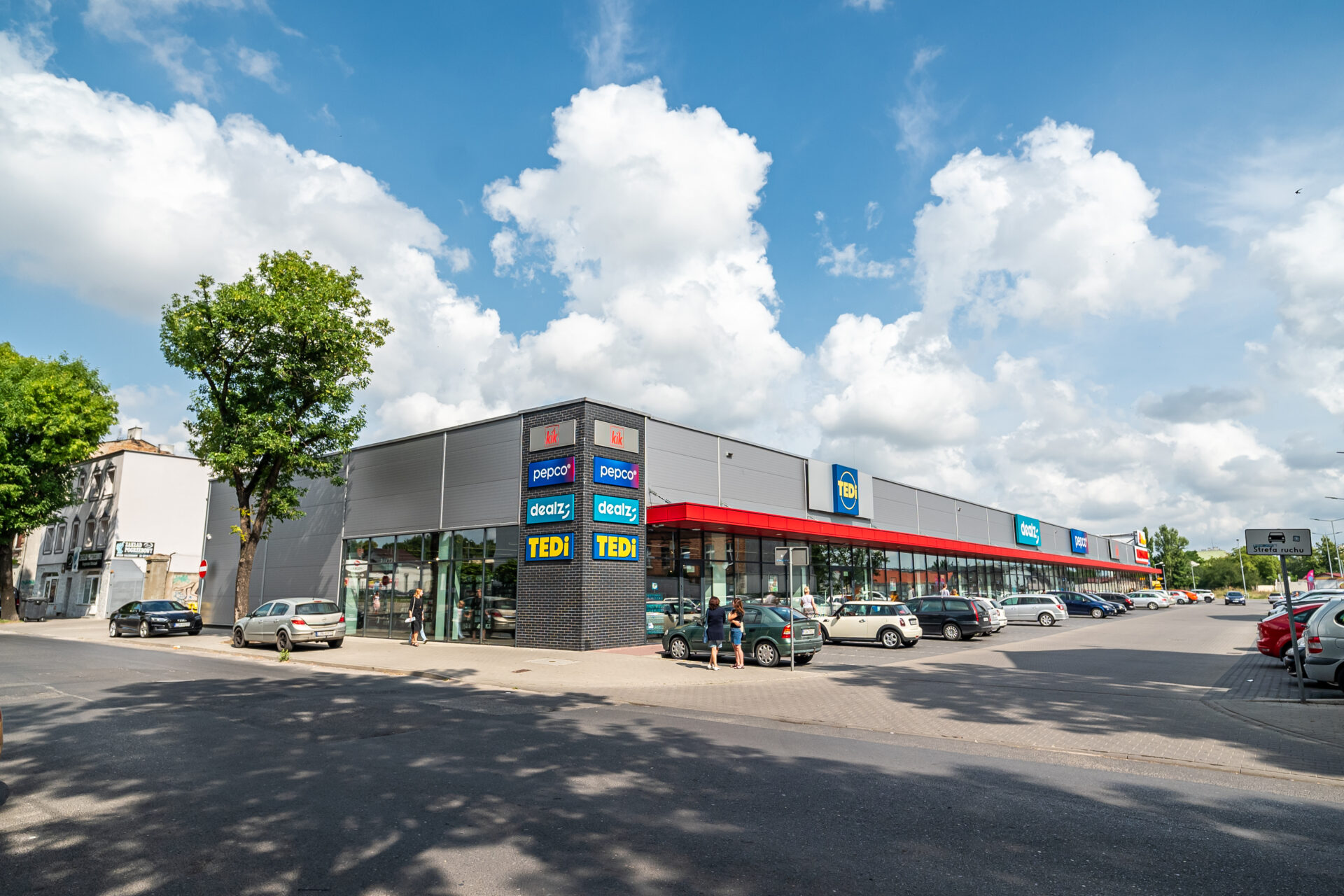This year’s MAPIC showcased the latest urban regeneration projects transforming cities globally, covering London, Lisbon, Paris, Berlin, Madrid, Milan, and more. While European projects maintained a strong presence, international projects from Saudi Arabia, Kuwait, India, Iraq, and Kyrgyzstan also participated as key attendees. This year’s focus on a more sustainable future was evident with the inaugural edition of the Sustainability Lab—a dedicated exhibition area including sustainable technology solutions applied to retail real estate— with discussions around sustainability serving as the common theme.
The industry’s largest property players, including Unibail Rodamco Westfield, Klépierre, and Apsys attended, with exhibitors including Cenomi, Carmila, Nhood, Ingka, Eurocommercial, Mabanee, ECE, and many more. In total, more than 1,500 leisure and retail brands and 4,500 attendees took part in three days of high-level networking, professional meetings, and conferences—all with more sustainable growth for the future in mind.
Projects and deals premiered at MAPIC
Once again, MAPIC was the stage for major announcements across the retail real estate industry. During the Retail in the City Summit, Nhood premiered its new headline Entrecampos project in Lisbon. Tomorrowland Leisure, a subsidiary of Tomorrowland Music Festival, also premiered its all-new aqua-park concept, entirely powered by state-of-the-art solar energy solutions. The start of the week also saw the announcement of Savills’ acquisition of leading retail and leisure advisor Nash Bond to further expand its global offering. Unibail-Rodamco-Westfield and Digeiz also announced a partnership to deploy Digeiz’s AI solutions across 24 European real estate centres.
Growth and responsibility
The week kicked off with a discussion of how to secure a future of responsible growth with some of the industry’s leading property executives. Cindy Andersen, Managing Director of Ingka Centres outlined the company’s philosophy of “transforming centres into meeting places”, driven by a “magical combination of purpose and profit”. Alison Rehill-Erguven, CEO at Cenomi Centers also shared a view on the future of possibilities from Saudi Arabia—outlining that “Saudi Arabia is in growth mode” and sharing exclusively that Cenomi will sign a contract with sustainable energy providers at COP28 next week. Joanna Fisher, CEO of ECE Marketplaces emphasised the importance of “rethinking places” and reiterated that partnerships were a priority for the year ahead, where “collaboration and flexibility will be vital for continued success”.
In a keynote that delved into the brand’s success, Raymond Cloosterman, CEO of Rituals shared his insights on “creating a beauty brand with its unique perspective on beauty”. Since 2002, Rituals has continued to grow year-on-year and Cloosterman outlined the “organisational and sustainability challenges” moving forward, in the company’s journey to being one of the first cosmetics companies to achieve B-Corp status. Raymond Cloosterman was also honoured as MAPIC’s Personality of the Year at the MAPIC Awards for his contribution to the industry.
A new generation of property projects
Property players discussed the latest generation of urban regeneration projects—with flagship projects including Galataport and Battersea Power Station honoured at the MAPIC Awards. Meanwhile, leisure and food tracks dived into which restaurant chains are successful today and why, as well as how leisure concepts are changing—with innovative new concepts such as F1 Arcade and Nikito entering the landscape. The theme of sustainability was the common thread throughout the topics discussed, including the vital impact of AI in the real estate industry.
MAPIC hosted a series of sold-out networking sessions, including the Retail in the City and Leisure Summits, which brought together leading property players including CBRE, Savills, Cushman & Wakefield, The Crown Estate, Triple Five and ROSHN. Projects presented included Canopia in Bordeaux developed by Apsys, Battersea Power Station, King’s Cross in London and Nhood’s brand-new Lisbon Entrecampos project. These landmark regeneration projects all demonstrated the importance of partnering with public institutions to deliver the city of tomorrow. Using the aforementioned locations as examples, the session outlined how destinations can activate more resilient, more
sustainable, and more inclusive city.
Further examining a similar theme, Repurpose with Purpose discussed how to breathe new life into destinations, with the ultimate measure of success being that people feel “the place has always been there”.
In addition to European developers, the exhibition showcased the best of international property projects including Cenomi Centres from Saudi Arabia, Mabanee in Kuwait, Bhutani Infra from India, Ashur Mall in Iraq, and Manas Tower, Kyrgyzstan. Other returning exhibitors included VIA Outlets, Eurcocommercial, Carmila, Nhood, Ingka, JLL, ARCUS, Svicom and more—as well as pavilions from several European regions.
Leisure as a driver for destinations
Looking at how to better engage consumers, Christine Wacker from Netflix shared how the company’s leading IP has maximised location-based entertainment (LBE) opportunities. In addition to insights on the Netflix Bites pop-up in Los Angeles, which served food from the streaming service’s hit shows, Christine explained how sales of merchandise at live experiences can effectively contribute to world-building. Insights included Netflix’s unique process to bring attractions to destinations—from finding best-in-class partners to detailed market research and flexible partnership models. The brand’s unique activations have successfully drawn increased footfall and “fostered an environment where fans can share their love of Netflix”. She also previewed Netflix’s, ‘Floor is Lava’ concept for the first time, which will forge a bridge between the in-person experience and Netflix’s digital offering.
Presented for the first time at this year’s MAPIC, Tomorrowland announced plans to build a water park that will “redefine aquatic entertainment.” Developed in collaboration with Momentum Leisure, the park will provide “a magical vision in the realm of leisure” and “an oasis of relaxation”.
At the Leisure summit, leaders from brands, operators and landlords discussed the possibilities for further enhancing the same destinations with a more diverse offering. Sandi Danick of American Dream (Triple Five) shared the process of realising one of North America’s most ambitious destinations—anchored by the “core values of entertainment and retail”.
The key to F&B success
s Big Mamma restaurant group continues to go from strength to strength, its CEO and co-founder, Tigrane Seydoux reiterated the importance of an original concept that cannot be replicated and urged F&B brands to “go bold and go big from the first day”. Ultimately the brand’s success is defined by an ethos of good and quality food in terms of product, affordable prices, great environment and people.
At the Good brands, and great brands, what’s the difference? session Nicholas Shapira, Partnership Director of ITSU, highlighted the importance of “detail and delivery”, whilst Rana Edwards, VP of I Love Poke, pushed the importance of a high-quality healthy offering that paves the way for expansion. Christopher Jones, SUSHISHOP President, Amrest Group, also underscored that brands “must deliver what they promised or stand for” to secure outstanding performance.
Innovation and sustainability: Transforming the industry
The vital importance of technology—and maximising its impact was well represented this year. Why everyone is talking about AI discussed how artificial intelligence can better inform developers, owners and retailers on a variety of topics from advertising impact to visitor conversions. AI Digeiz demonstrated how the shopping centre can be transformed into a form of media, where the audience can be measured as precisely as in digital campaigns.
In an exclusive discussion with Chris Igwe, Clement Jeannin, Group Director of Sustainability at Unibail-Rodamco-Westfield, outlined the commitment to the company’s ‘better places’ strategy and meet the needs of consumers and retailers of the future. Property players and brands must “meet the needs of consumers and retailers of the future—and answer consumer expectations of transparency about brand sustainability”.
Next year’s MAPIC will take place between 26 – 28 November 2024 at the Palais des Festivals in Cannes.







